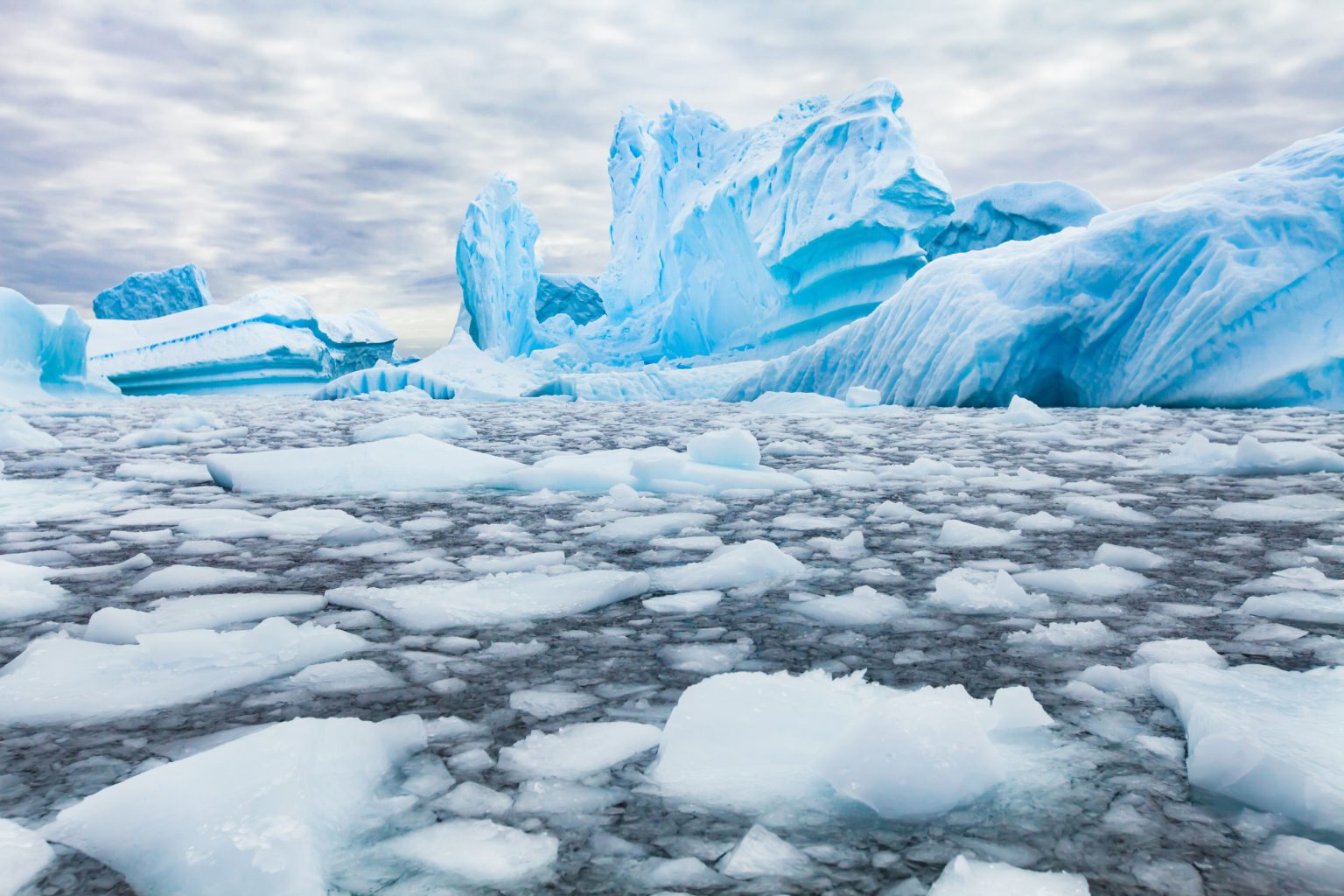Russia has discovered vast oil reserves in British territory in Antarctica, as revealed in documents presented to the U.K. House of Commons Environment Audit Committee. These reserves contain approximately 511 billion barrels of oil, which is ten times the North Sea’s output over the past half-century. The discovery was made by Russian research ships in the Weddell Sea, an area that falls under the U.K.’s claim in Antarctic territory, overlapping with those of Chile and Argentina. Despite not having territorial claims in Antarctica, Russia, along with the U.S. and China, has been increasing its presence in the region through scientific campaigns and five research stations established since 1957.
Antarctica is governed by The Antarctic Treaty, signed in 1959, which designates the continent as a place devoted to peace and science, prohibiting all oil developments. However, concerns are now being raised that Russia may be prospecting parts of Antarctica for oil and gas and surveying the continent for military purposes, potentially violating the Antarctic Treaty. Professor Klaus Dodds warned that Russia’s activities could threaten the permanent ban on mining in Antarctica and signal a move towards resource extraction. With tensions rising following Russia’s invasion of Ukraine, there is a fear that strategic competition in Antarctica may intensify between countries, particularly as Russia and China have blocked attempts to expand marine protected areas in 2022.
In a meeting with the Commons Environment Audit Committee, Professor Dodds expressed concerns about Russia’s activities in Antarctica, indicating a shift towards resource extraction rather than scientific research. He highlighted the potential threat to the Antarctic Treaty and the norms associated with seismic survey research. However, David Rutley, a junior minister at the Foreign Office, defended Russia’s actions, stating that they had reaffirmed their commitment to the treaty and assured that their surveying was for scientific purposes only. Rutley emphasized the need to hold Russia accountable for their activities in Antarctica.
Seven countries, including Argentina, Australia, Chile, France, New Zealand, Norway, and the U.K., have territorial claims over Antarctica, while the United States and most other countries do not recognize those claims. With the discovery of significant oil reserves in British territory in Antarctica, concerns have been raised about Russia potentially violating the Antarctic Treaty by prospecting for oil and gas and surveying the continent for military purposes. Tensions are escalating as Russia’s actions in the region come under scrutiny, with fears of strategic competition and the undermining of the international norms governing activities in Antarctica. The ongoing debate highlights the delicate balance between scientific research, resource extraction, and geopolitical interests in Antarctica.


